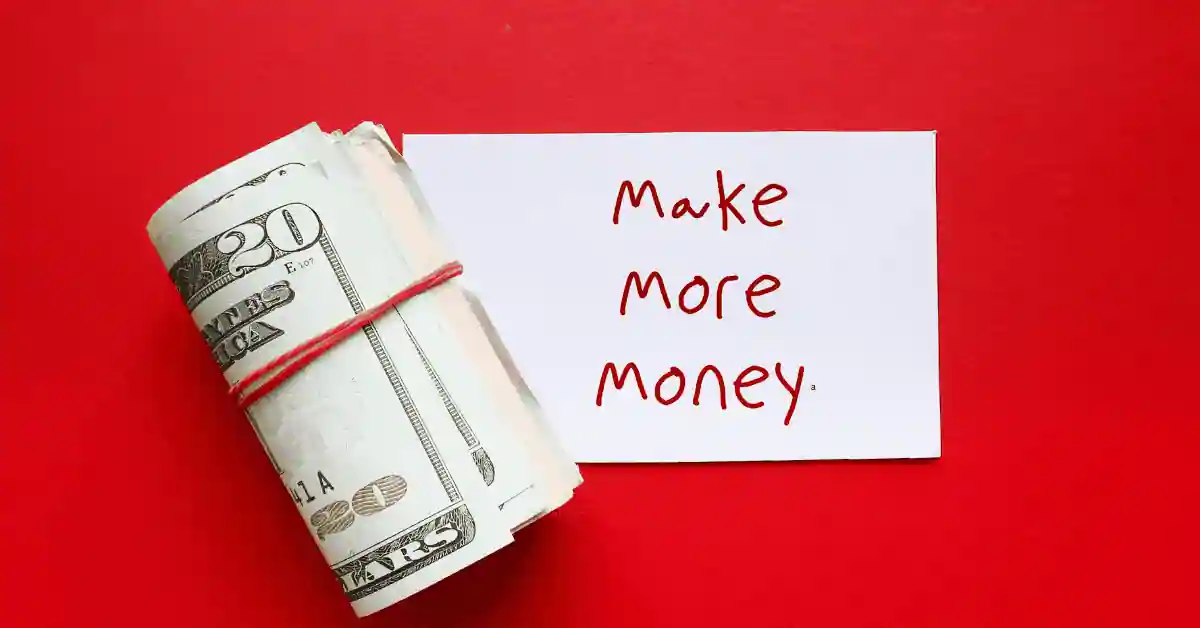Ever heard of getting paid to post links for others? It sounds like a sweet deal, right? You slap a link on your blog, social media, or website, and boom—you get paid. But hold on! Is it really that simple, or are there hidden traps? In this guide, we’ll explore how link posting works, the risks involved, and how you can make money without running into SEO penalties.
What Does It Mean to Get Paid for Posting Links?
If someone offers you cash to post a link, they’re usually trying to improve their website’s SEO or drive traffic. Here’s how it typically works:
- Affiliate Marketing: You earn a commission when someone clicks the link and buys something.
- Sponsored Posts: Companies pay you to place their links in an article.
- Backlink Sales: Websites buy links to boost rankings (beware—Google frowns on this!).
- Forum & Social Media Link Sharing: Posting links in Facebook groups, forums, or Reddit (tricky business!).
- Guest Posting with Links: Writing a blog post for another site and embedding a link.
How Much Can You Earn from Posting Links?
Earnings can vary widely based on factors like:
- Website Authority: High-authority sites earn more.
- Traffic Volume: More visitors mean higher link placement fees.
- Niche Demand: Finance and tech sites attract higher payouts.
- Type of Link Placement: Sidebar, in-content, or footer links all have different values.
Some bloggers make $50 per link, while high-traffic websites can charge hundreds!
Is It Legal and Ethical?
✅ When It’s Legal and Ethical:
- Using disclosure statements as required by the FTC.
- Following Google’s Webmaster Guidelines.
- Keeping a transparent relationship with your audience.
❌ When It’s Risky or Unethical:
- Selling hidden or undisclosed links.
- Participating in black hat SEO tactics.
- Posting links on spammy or low-quality sites.
Always disclose paid links and stick to ethical practices.
Pros and Cons of Getting Paid to Post Links
✅ Pros:
- Easy Money: No special skills required.
- Passive Income: Post once, earn continuously.
- Flexibility: Work from anywhere.
- Diverse Options: Choose between blogs, forums, or social media.
❌ Cons:
- SEO Risks: Google may penalize your site.
- Scams: Fake clients and bad deals.
- Short-Term Gains: Not a long-term strategy for serious bloggers.
- Reputation Damage: Too many paid links can hurt your credibility.
Where to Find Paid Link Opportunities
1. Freelance Platforms
- Fiverr
- Upwork
- PeoplePerHour
2. Blog Networks
- SponsoredPosts
- IZEA
- SeedingUp
3. Affiliate Networks
- Amazon Associates
- ShareASale
- CJ Affiliate
4. Direct Outreach
- Brands may contact you if you have high traffic.
- You can pitch brands with a media kit.
SEO Risks of Posting Paid Links
Google’s algorithms are smarter than ever. If you post paid links the wrong way, your site might face penalties. Here’s what to watch out for:
- Google Penalties: Selling do-follow links can result in ranking drops.
- Loss of Credibility: Readers may lose trust in your content.
- Devaluation of Links: Search engines may ignore low-quality paid links.
How to Stay Safe While Posting Links
- Use NoFollow or Sponsored Tags: This tells search engines the link is paid, avoiding penalties.
- Vet Clients Carefully: Research who you’re working with.
- Follow FTC Guidelines: Disclose sponsored links.
- Diversify Your Income: Don’t rely solely on paid links.
- Avoid Spammy Practices: No excessive link stuffing!
Alternatives to Getting Paid for Posting Links
If you’re worried about SEO penalties, consider these safer monetization methods:
1. Affiliate Marketing
- Promote products and earn commissions.
- Use trustworthy programs like Amazon Associates.
2. Google AdSense
- Display ads and earn per click.
- Requires high traffic for good earnings.
3. Sponsored Content
- Write full posts instead of just links.
- Brands pay for exposure.
4. Digital Products
- Sell e-books, courses, or templates.
- No SEO risk at all!
Conclusion
Yes, you can get paid to post links for others, but it comes with risks. Stick to ethical strategies, follow Google’s guidelines, and never sacrifice your website’s credibility for quick cash. Want a sustainable online income? Focus on quality content and long-term monetization strategies.
FAQs
1. Can I get banned from Google for posting paid links?
Yes, if you don’t follow Google’s guidelines. Always disclose and use NoFollow or Sponsored tags.
2. How much can I earn from posting links?
It depends on your website’s authority, traffic, and niche. Some bloggers make $50 per link, while influencers can charge hundreds.
3. Are there any legit companies that pay for link placements?
Yes! Platforms like SponsoredPosts and IZEA connect brands with content creators legally.
4. What’s the safest way to post links for money?
Disclose paid links, use NoFollow/Sponsored tags, and only work with reputable clients.
5. Can I do this without a website?
Yes! You can post affiliate links on social media, YouTube, or forums (but check platform rules first!).






